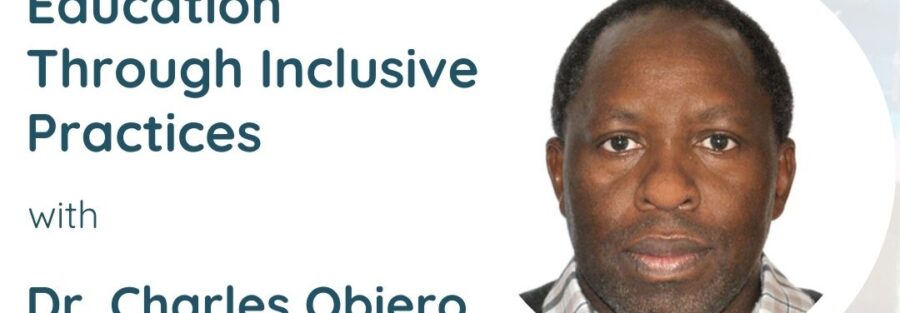Dr. Charles Obiero is a dynamic professional whose career spans continents and fields, bringing a unique blend of expertise in education, monitoring and evaluation, and research. With a background in economics, statistics, and education planning, he has contributed to the development and transformation of education systems through roles with the Ministry of Education in Kenya, UNESCO in Kenya, Uganda, Lebanon, and Russia, and the World Food Program in Yemen. Through his extensive work. Dr. Obiero has gained insight into the challenges and solutions that shape education systems in diverse contexts, from conflict zones to developing nations. As a consultant, he leverages his vast knowledge across educational and non-educational sectors, always focusing on developing practical, sustainable solutions.
Adapting to Diverse Educational Systems
Throughout his career, Dr. Obiero has been actively involved in improving educational access and quality across various regions. He highlights the importance of inclusive access—especially for marginalized communities and learners with disabilities—as a common need across the places he has worked, from Kenya to Syria. “Inclusive education isn’t just a nice-to-have,” he emphasizes. “It’s essential for creating equitable societies.”
In Syria, for instance, he was struck by the rigorous efforts to ensure that students advance only after mastering essential skills. “Even with their limited resources, they have a repeat exam system to make sure students transition with the right skills,” he notes, praising the resilience and structure of their education system. His work in Uganda underscored the pivotal role of teacher support, which he describes as foundational to improving learning outcomes. When working with UNESCO, through collaboration with other agencies such as UNICEF, WFP supported efforts to enhance teacher recruitment, training, and deployment, which he considers key to improving equitable access and quality in learning outcomes.
Balancing Research in Complex Contexts
Dr. Obiero has mastered the art of balancing quantitative and qualitative research, a skill he honed while working with the Education Global Access Programme (EGAP), Horn Population Research and Development (HPRD), and Dignitas. “You can’t rely solely on numbers or interviews,” he explains. “You have to triangulate the data to get a full picture of what’s happening on the ground.” His experience in evaluations of ECOWAS countries’ education systems, the Horn of Africa, and refugee camps like Kakuma and Dadaab refugee camps has shown him the importance of understanding the human element behind the education data. “It’s not enough to know how many schools there are,” he says. “You need to understand why certain schools remain underutilized and what barriers are preventing students from accessing them.” By adopting this approach, Dr. Obiero delivers targeted recommendations that address both systemic and community-level educational needs.

Reflections on Global Education Trends
Having worked in education for over two decades, Dr. Obiero has witnessed significant shifts in educational priorities and strategies. He notes that one of the most impactful changes is the growing emphasis on inclusive and competency-based curricula, particularly in Kenya and Uganda. “The competency-based curriculum was introduced to address the gaps in learning outcomes,” he says. He believes this shift is essential for preparing learners for exams and real-world challenges, emphasizing that education should empower students to think critically and adapt to changing environments.
Syria holds a special place in his heart of all the places Dr. Obiero has lived and worked. Despite the country’s ongoing struggles, he admires its dedication to education, even in the face of conflict. “There’s an incredible level of honesty and dignity in how they handle their education system, despite the immense challenges they face,” he says. Similarly, he finds Madagascar’s focus on vocational education impressive, noting that their commitment to TVET (Technical and Vocational Education and Training) has been instrumental in broadening access to education.
Dr. Obiero’s experiences highlight the complexity and importance of education as a tool for empowerment, particularly in regions facing socioeconomic or political instability. By combining research, practical insights, and hands-on work across multiple countries, he has been able to contribute meaningfully to the development and improvement of education systems worldwide. His deep understanding of both the macro and micro aspects of education makes him a valuable voice in the global conversation on educational access and quality.
Follow us on socials as we continue to equip and empower educators in underserved communities who will transform opportunities for the next generation.

